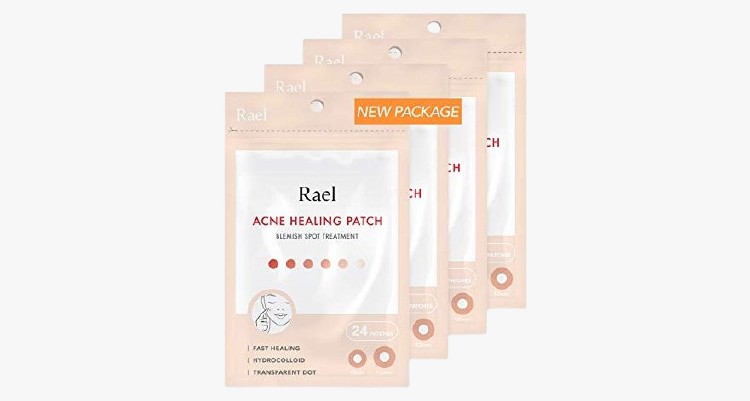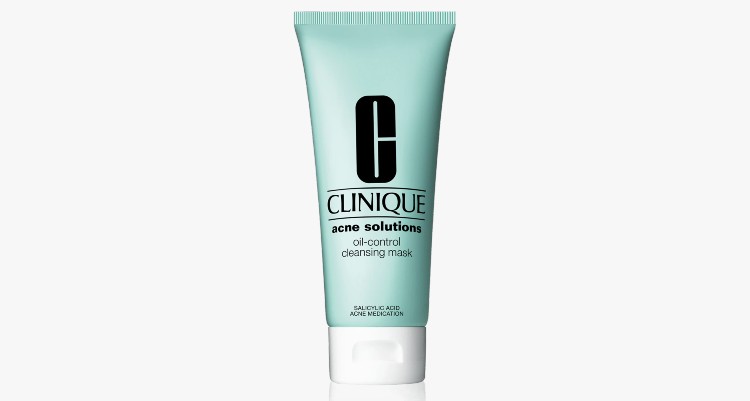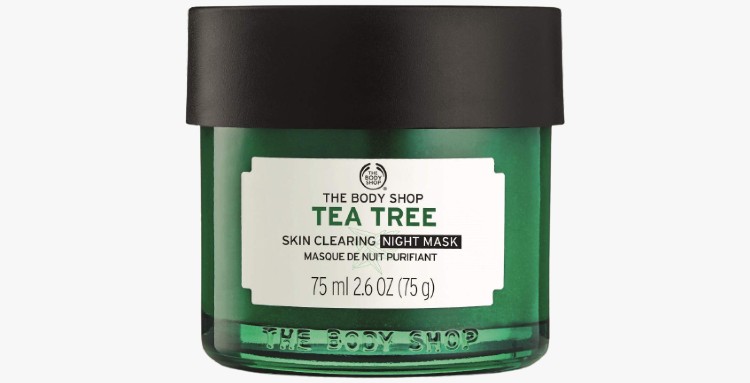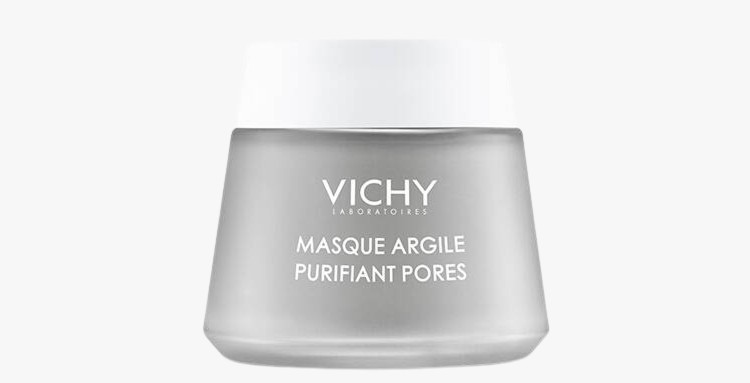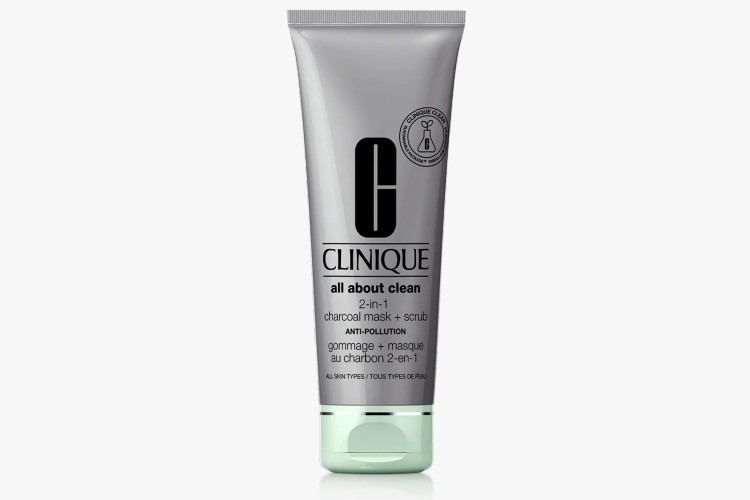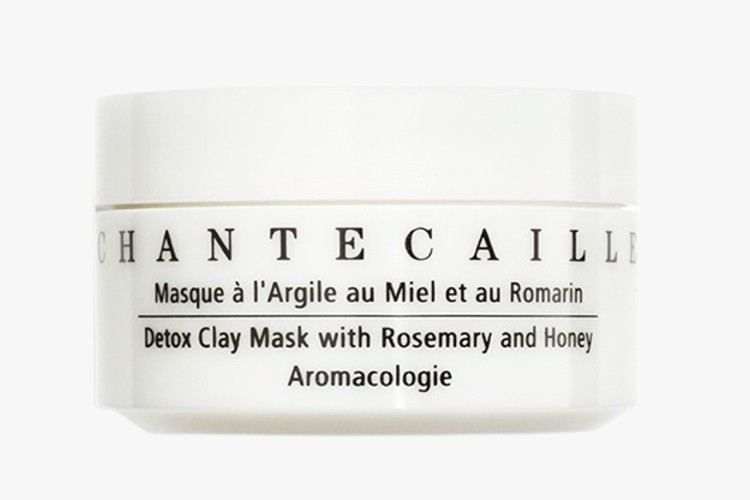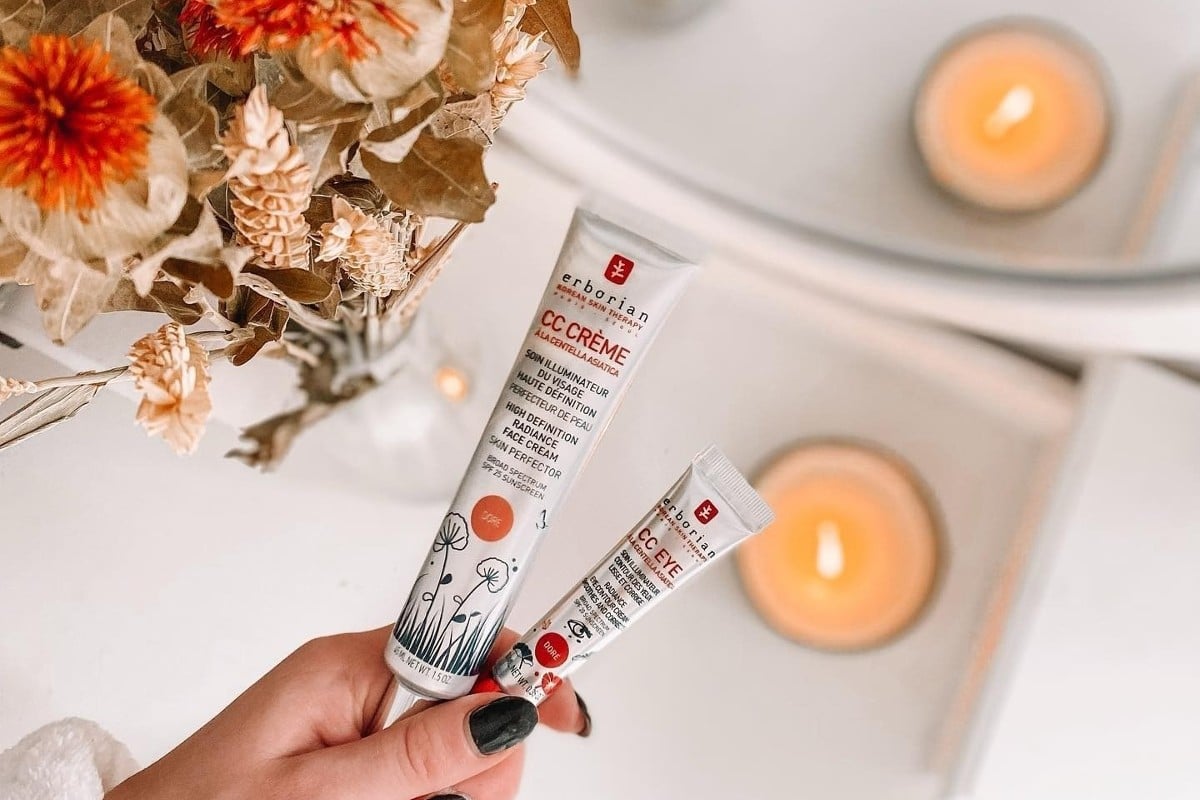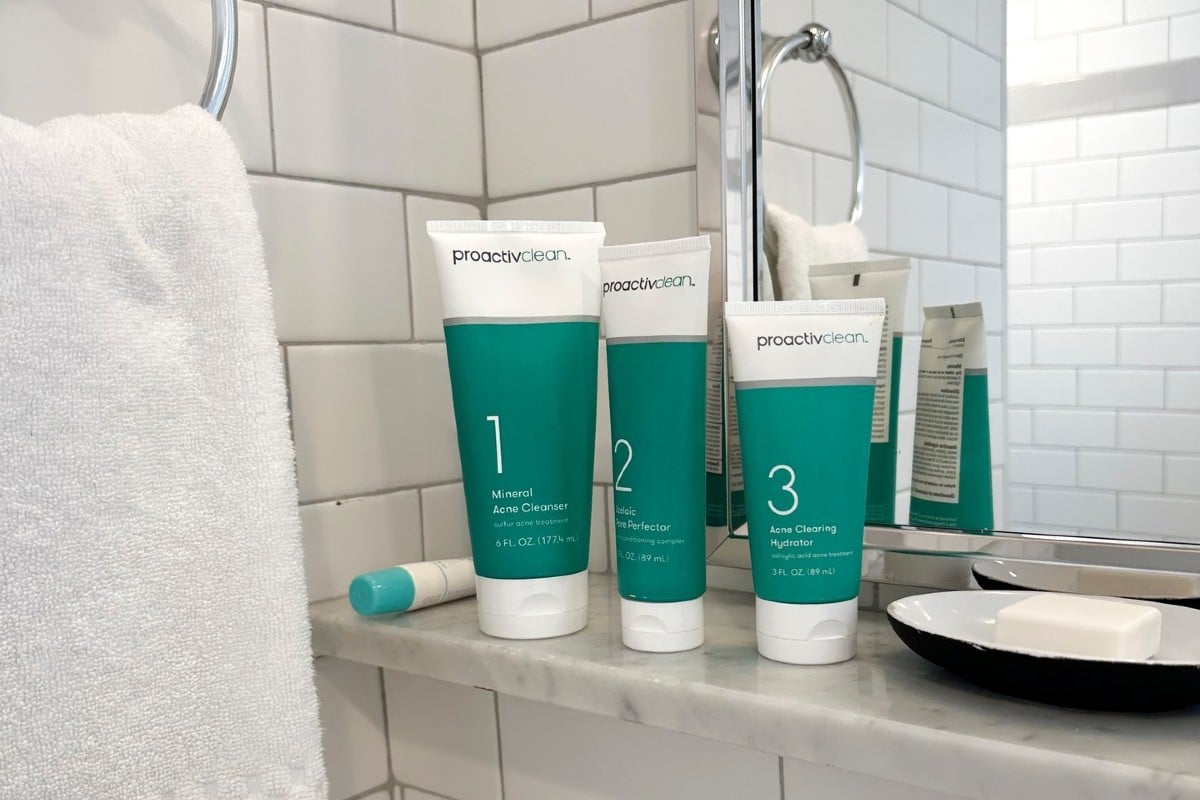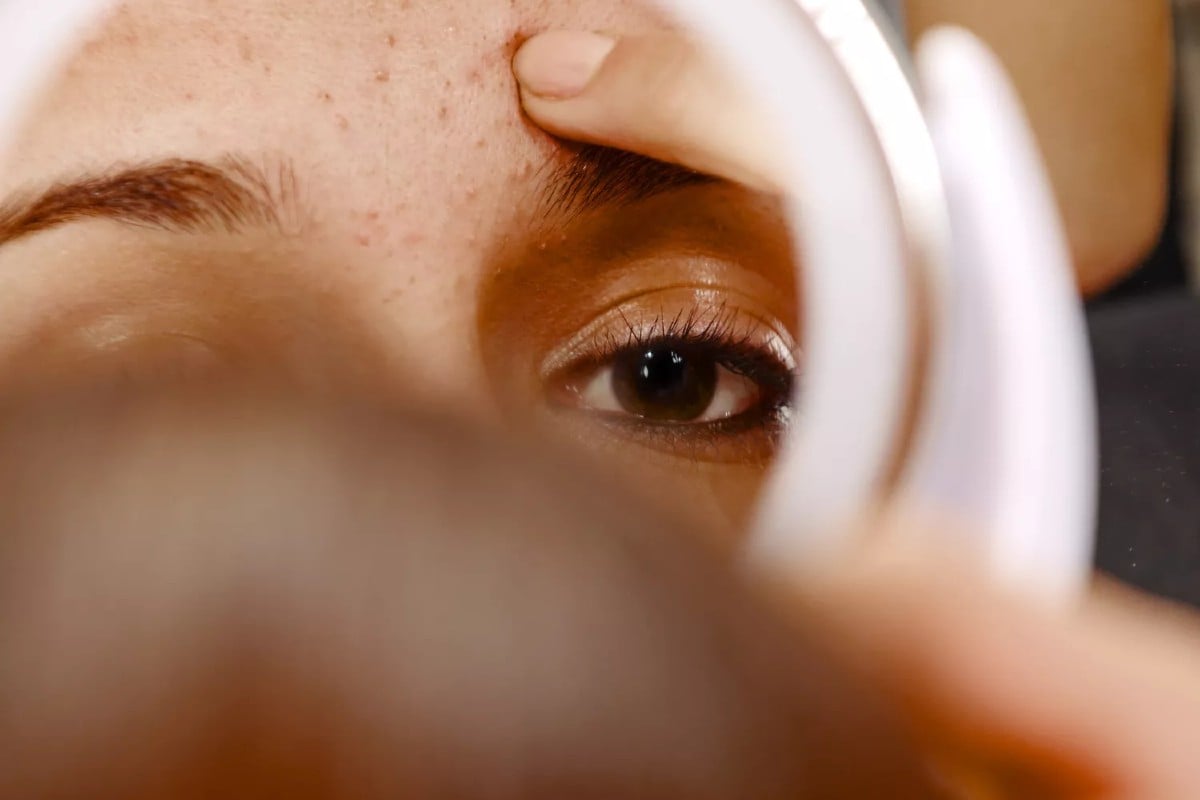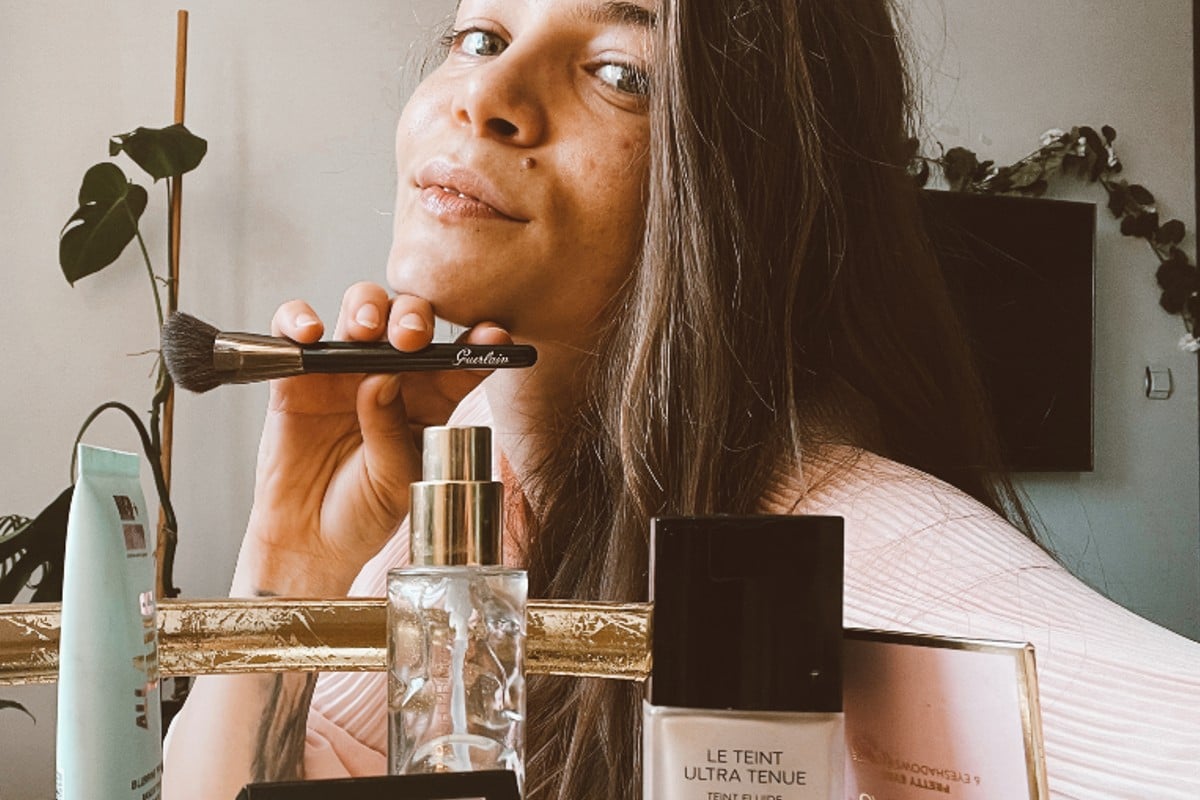The reasons to try DIY masks for acne are plentiful. They support your acne-fighting treatments, and their nourishing, protecting, and healing benefits are a huge bonus to promote healthy skin.
Of course, store-bought masks can be helpful, but creating your own is a cost-effective and customizable solution for your acne woes. You see, breakouts can arise from various factors, and homemade masks allow you to add ingredients that target those specific causes. They also provide the flexibility to adjust the concentration of ingredients to suit your skin sensitivity level.
If you prefer the DIY route, here are the best acne face masks that are effective at clearing acne breakouts and soothing your skin. They’re all made with easy-to-find ingredients that you probably already have in your kitchen and work great to reduce acne due to their antibacterial, anti-inflammatory, and oil-absorbing properties. Plus, with my step-by-step instructions, you’ll have no trouble making these masks at home. P.S.: I will also share my go-to homemade mask that I do once weekly to balance my acne-prone skin.
Acne homemade masks
Clay mask
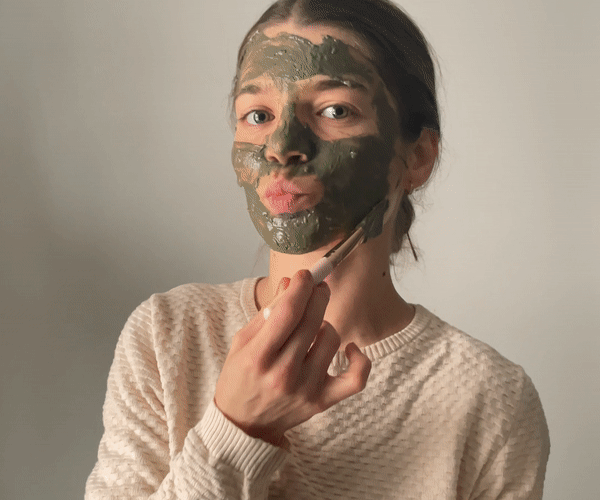
As someone with congested and acne-prone skin, I know the struggle to find something that provides relief without irritating the skin. But after a lot of trial and error, I created the perfect face mask that clears my skin
The secret lies in the combination of powerful acne-fighting and oil-absorbing ingredients, including clay and tea tree oil, which work together to combat bacteria and reduce inflammation—the main triggers behind acne breakouts. To target the accumulation of dead cells that trigger blackheads, I’ve also added lactic acid for its mild exfoliating properties. And to make the mask more hydrating and soothing, I included aloe vera gel and honey.
Ingredients
- Clay: 30 ml
- Tea tree oil: 0.1-0.2 ml
- Aloe vera gel: 15 ml
- Honey: 15 ml
- Lactic acid: 5 ml
How to make it
Start by adding 30 ml of clay to a clean bowl. Green or bentonite clay works well for acne-prone skin due to their detoxifying properties. Mix in 15 ml of aloe vera gel and 15 ml of honey. Then add a small amount of tea tree oil and 5 ml of lactic acid. Blend the mixture thoroughly until it becomes a smooth paste like the one above. Apply the paste evenly across your face, avoiding the eye area, and allow it to sit for 10 to 15 minutes. Rinse with a gentle face wash. If you have sensitive skin, you might want to reduce the amount of tea tree oil or lactic acid. The consistency of the mask should be thick enough to stick to your face but not too dry. Adjust the quantity of aloe vera gel or honey if needed—add less if it’s too sticky or more if it’s drying.
Cucumber mask
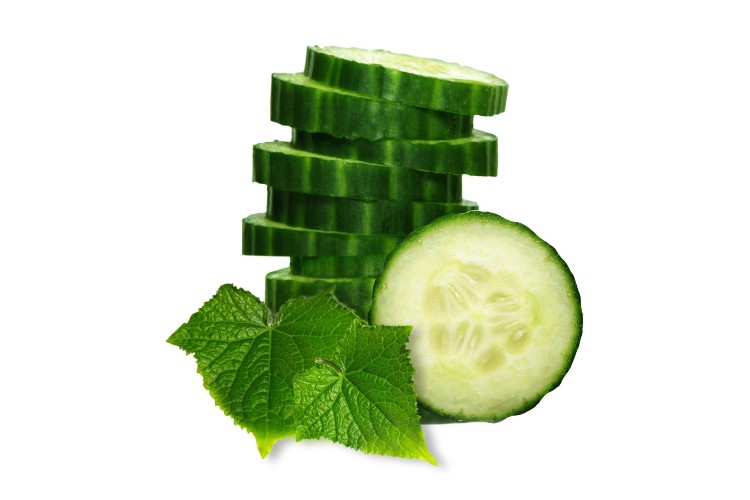
Ingredients:
- One cucumber
- One tablespoon of corn or sugar
- One tablespoon of honey
How to make it
Take a cucumber with the peel and cut it into pieces. Blend these pieces until they become a smooth puree. Next, put this puree into a bowl. Add one tablespoon of either corn or sugar and then one tablespoon of honey. Stir everything well. Apply this mixture on your face, focusing on the areas prone to breakouts and avoiding the eyes, and leave it for 10 minutes. Rinse off the mask with lukewarm water and pat your skin dry with a clean towel.
Benefits
Cucumber is effective for your acne-prone skin because it has vitamin C and caffeic acid, which work to calm skin that’s inflamed and irritated. Plus, cucumbers are very hydrating, thanks to their high water content. This hydration balances out oily skin and reduces excess sebum. The cucumber peel also contains silica, which smooths out rough texture, while honey has moisturizing and antimicrobial effects that can kill acne-causing bacteria. Lastly, corn and sugar in the mask act as natural exfoliants. They help get rid of dead skin cells that might clog your pores and cause breakouts.
Tea tree oil mask
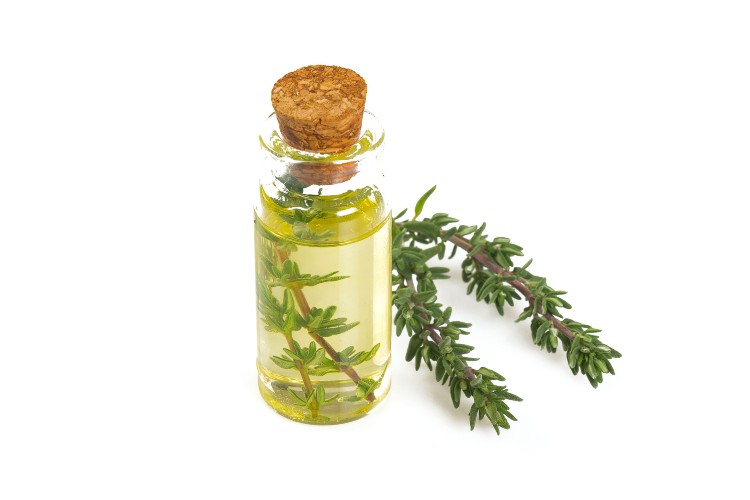
Ingredients:
- Two teaspoons of tea tree oil
- One tablespoon of honey (Manuka honey preferably)
- One tablespoon of Greek yogurt
How to make it
Add all the ingredients to a bowl and mix well. Distribute a thin layer over clean skin and let it sit for 15 mins. After rinsing it off, seal in the nourishing effects by applying your favorite moisturizer. If this mask feels too harsh, dilute tea tree oil in 60 ml of witch hazel or carrier oil.
Benefits
Tea tree oil is the star ingredient in this mask. It has anti-fungal and anti-inflammatory properties that work wonders in soothing existing acne while also reducing new breakouts. Raw honey, on the other hand, has exfoliating properties that help unclog pores, while Greek yogurt is rich in zinc, which is anti-inflammatory and supports the skin’s natural barrier with probiotics.
Cinnamon mask
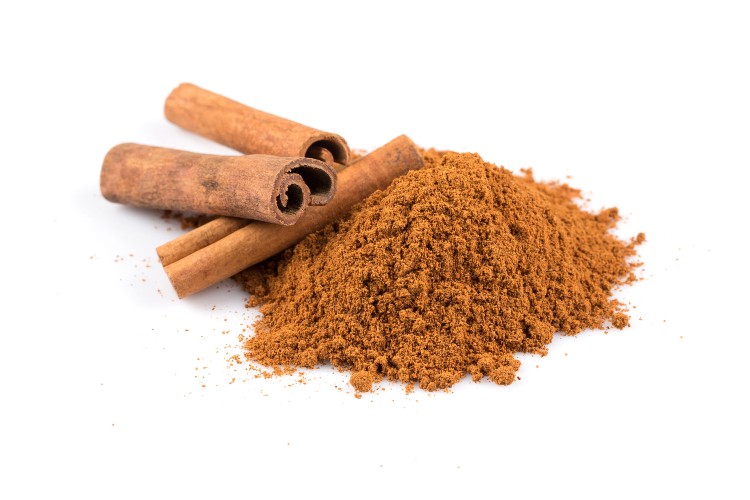
Ingredients
- Two tablespoons of honey
- One teaspoon of cinnamon
How to make it
Apply the blended ingredients to your face or as a spot treatment on blemishes. Rinse after 20 minutes and moisturize after.
Benefits
Cinnamon is antimicrobial and can kill and suppress microbes. It’s also a powerful astringent. Astringents help to shrink pores and reduce skin oiliness, which can make the complexion appear smoother and evener.
Aloe vera mask
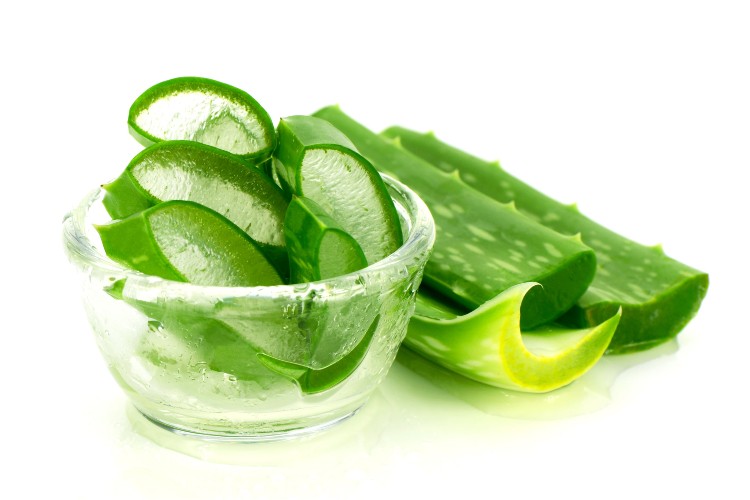
Ingredients
- The gel from one aloe vera leaf
- 2 drops of tea tree oil
- 2 drops of sparkling water
How to make it
To create a refreshing and nourishing mask for acne, start by using aloe vera gel as a base. Next, add a small amount of sparkling water and tea tree oil to the mixture. Apply the mask to your face and let it work for about five minutes before rinsing it off. Afterward, be sure to moisturize your skin well to lock in hydration. This mask is perfect for those looking to soothe irritated skin and add hydration while also combating acne.
Benefits
Aloe vera contains enzymes, minerals, vitamins, and fatty acids, which are all beneficial for acneic skin. Plus, it acts as an anti-swelling antibacterial, and antioxidant ingredient. For these reasons, aloe vera gel is often used in homemade face masks to relieve irritation and minimize acne. When combined with tea tree oil, it doubles the acne- and bacteria-fighting activities, working more effectively to kill bacteria and heal breakouts.
Turmeric mask
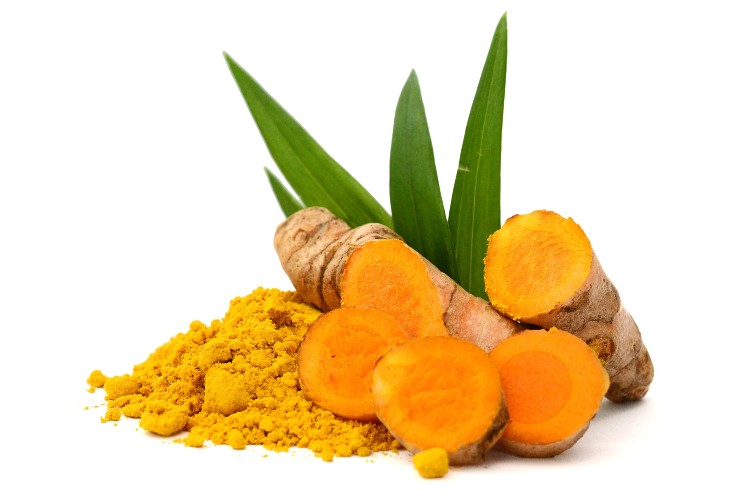
Ingredients
- One teaspoon of turmeric powder
- A few drops of sparkling water
- One teaspoon of honey
- One teaspoon of milk or yogurt
How to make it
Mix all the ingredients, and when you get a paste-like consistency, apply it to your face. Rinse it off after no more than ten minutes; otherwise, the turmeric will turn your skin yellow—been there, done that.
Benefits
Studies show that turmeric is effective against acne and scars. It works to unclog pores and fight bacteria and swelling that often come with acne. Adding honey and milk to the mix makes it even better. Honey increases the mask’s acne-fighting power, and milk makes your skin soft and moisturized.
Other ingredients you can use in homemade face masks
Apple cider vinegar
The organic acids found in apple cider vinegar are known to kill the bacteria that cause acne. Besides, they remove the damaged outer skin layer and promote cell regeneration due to their gentle exfoliating effects. However, applying apple cider vinegar directly to the face can cause damage because of its strong acidic nature, so dilute it with water or non-comedogenic carrier oils before use. I also strongly recommend doing a patch test to avoid side effects like redness or irritation.
Oatmeal
An oatmeal mask is an effective remedy for eczema, rashes, acne, and inflammation. That’s because oat contains zinc, which reduces inflammation and eliminates bacteria. Moreover, oats are rich in saponins, which have high cleansing properties that soak up the excess oil from the skin that may trigger acne. To use them in a mask, simply grind the rolled oats in a blender until they turn into a fine powder. You can mix the oat powder with honey and plain yogurt for increased antibacterial and moisturizing effects. This oatmeal mask is gentle enough to be used once or twice a week.
Store-bought acne face masks
For the moments you’re in a rush and don’t have time to prep your DIY mask, here are a few great store-bought products.
Read next: The Pro’s Guide to Managing Acne-Prone Skin

